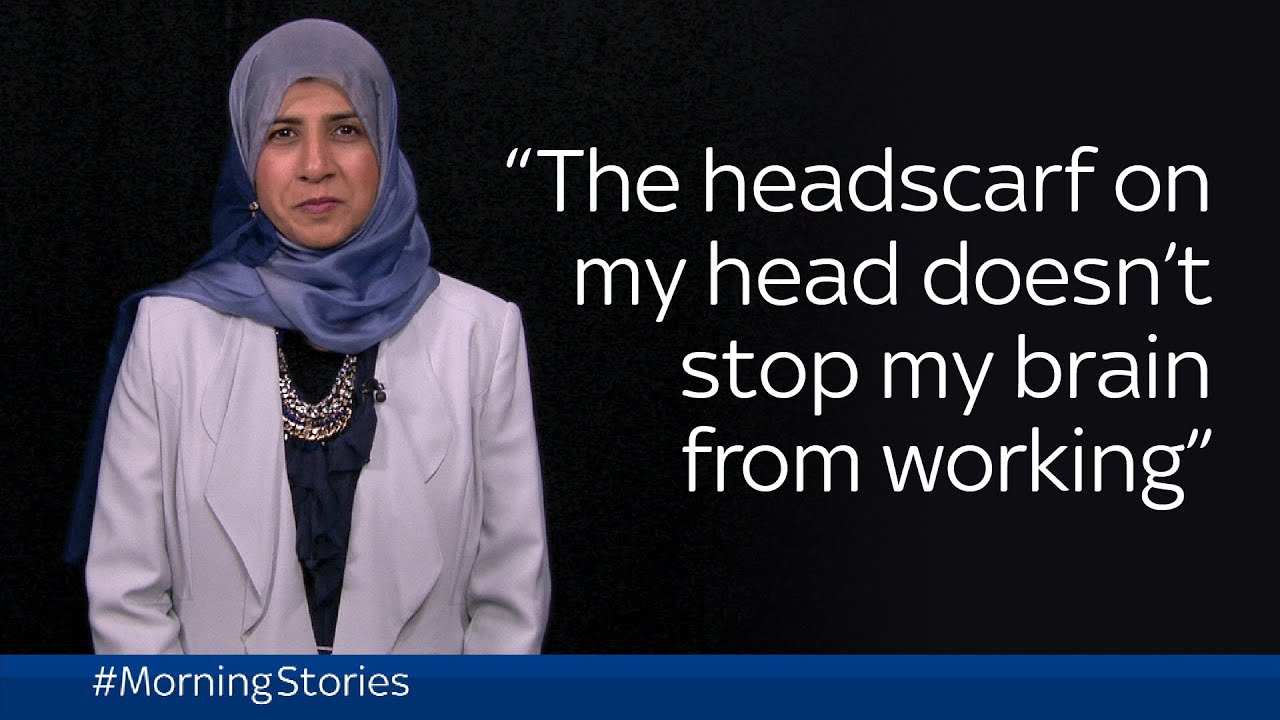Author of 'Generation M: Young Muslims Changing the World': Shelina Janmohamed
Author Shelina Janmohamed, who is shown as one of the 500 Most Influential Muslims in the World, says that belief is not an obstacle but a strength when it comes to existence in modern life.

We have learned the terms X, Y and Z generation now, we all know what it means. Well, would you be confused if I told you 'Generation M'? The Pakistani-British writer and vice president of the Ogilvy Noor agency, Janmohamed, who was the first to use this term, calls the Muslim generation in the world between the ages of 15-35 as the M generation. This generation is both young and faithful. They believe that it is possible to exist in modern life by not giving up their belief. They want to take advantage of all the opportunities of the age, and they come together thanks to the internet and force brands to offer opportunities that fit their beliefs.
Shelina Zahra Janmohamed (born 13 April 1974) is a British writer. She is the author of Love in a Headscarf (2009), a memoir of growing up as a British Muslim woman. Her other book titled Generation M: Young Muslims Changing the World was published in August 2016. Generation M, as The Guardian puts it, "is the first detailed portrait" of the influential segment of the world’s "fastest growing religion", Islam. She is also a blogger: her blog is called Spirit 21. She is of East-African and South-Asian origin. Her parents emigrated from Tanzania in 1964. She grew up in North London and was educated at Haberdashers' Aske's School for Girls, Elstree, subsequently graduating from New College, Oxford.
Shelina Janmohamed mobilizes the M generation to make their voices heard, to contribute to their lives in accordance with their beliefs, to make brands aware of the Muslim youth and to produce products suitable for their needs. She has attracted the attention of the whole world with her books titled M Generation: The New Muslim Youth and Love in the Headscarf, in which she expresses the lives and expectations of especially Muslim youth. Janmohammed, who is shown among the 500 most influential Muslims in the world and one of the 100 most powerful women in England, answers the question 'How should brands look at Muslim women' as follows:
- First, they need to understand their stories and lifestyles. They should remove some stereotypes in their heads. Not all Muslim women wear black headscarves and just take care of their children. They should think about how we can add value to the lives of these women so that they can live better.
Love in the Hijab
Janmohamed in Love in a Headscarf; Contrary to the stories you can find in almost every English bookstore, it shows how the adventure of becoming an adult and searching for oneself can be lived in a family environment.
The book was published in the UK in 2009, at a time when the views that multiculturalism, which was seen as an important building block in determining the new identity of Europe in the 90s, are now bankrupt. Although Janmohamed's book was published with a very pink and feminine cover and was presented with the subtitle 'Muslim woman is looking for the right person', it is actually in the category of novels that describe the difficulties and beauties of growing up in multicultural England, like Zadie Smith's White Teeth. assessable. I think it will disappoint readers who think that they will learn about the mysterious love life of a Muslim woman by being deceived by the pink and hijab cover - the success of the book is already here. Janmohamed actually warns the reader with the pun in the subtitle of the book: 'the One', which means 'the right person'.
In the book, Janmohamed convinces us that such great pursuits cannot be done alone. Contrary to the stories you can find in almost any English bookstore about how Muslim women (and men) rose up to gain a free identity by rebelling against their families and the society in which they live, Janmohamed shows us how the adventure of being an adult can be lived within a family and a 'supportive' family environment.
A very good student, Shelina goes to Oxford, makes many good friendships, takes fun trips with her friends to Jordan and Africa, gives talks at Muslim societies, and then gets a good job.
Shelina grew up in a special group of 'countrymen' among British Muslims who attach great importance to education. The Janmohamed family is of East African Indian descent. Yes, it is a somewhat long name that also reveals the history of the British colonial system. The Janmohamed family is from Indian families who were encouraged by the British to immigrate to carry out their secretarial and health work in Africa. East African Indians work in similar white-collar jobs in England and encourage their children to do these jobs. Janmohamed paints a picture of a close-knit Muslim community in every aspect—including the issue of nesting.
